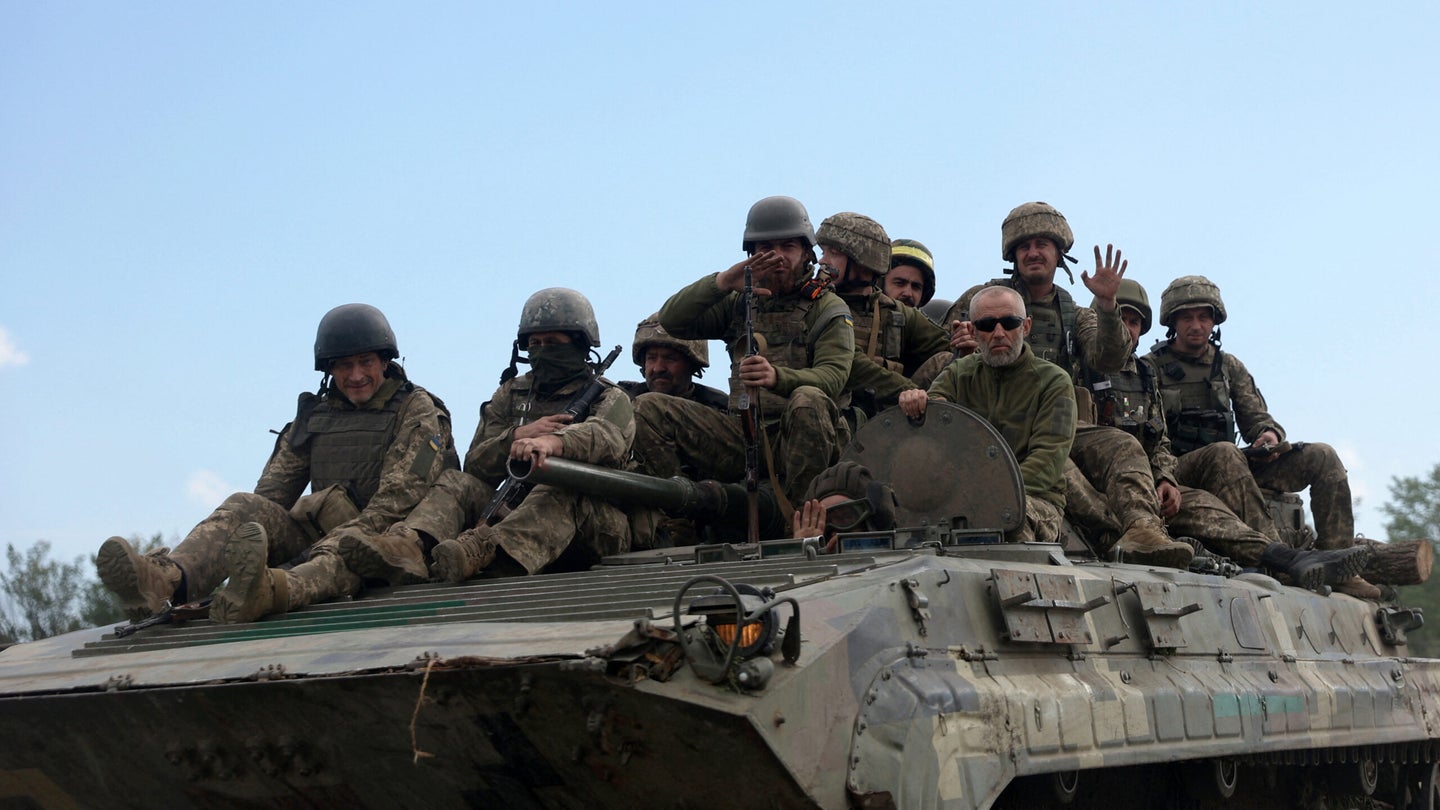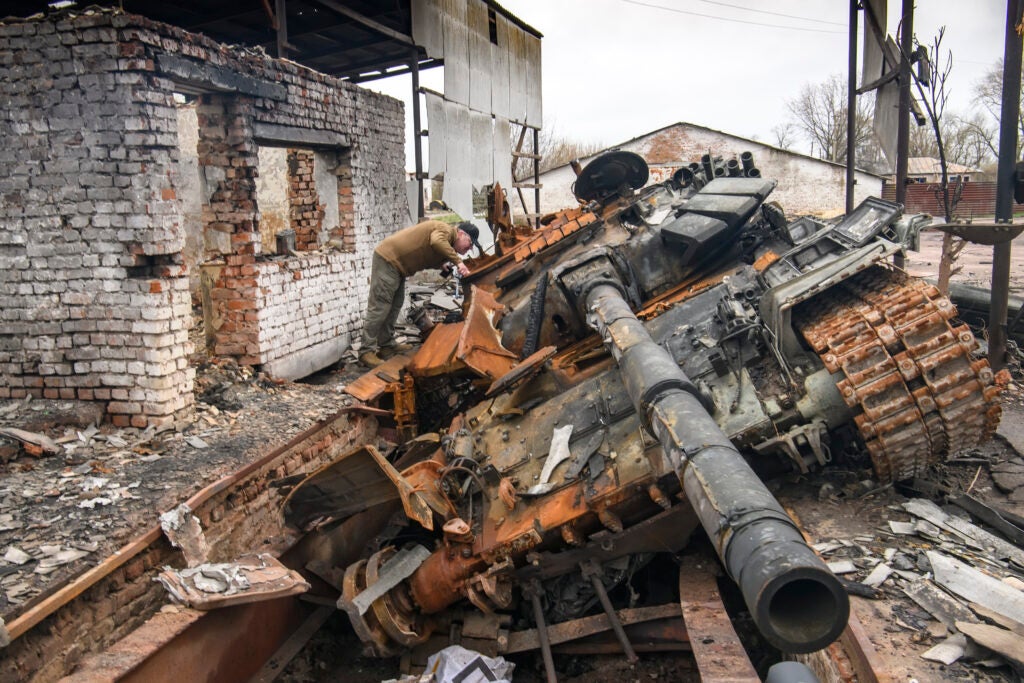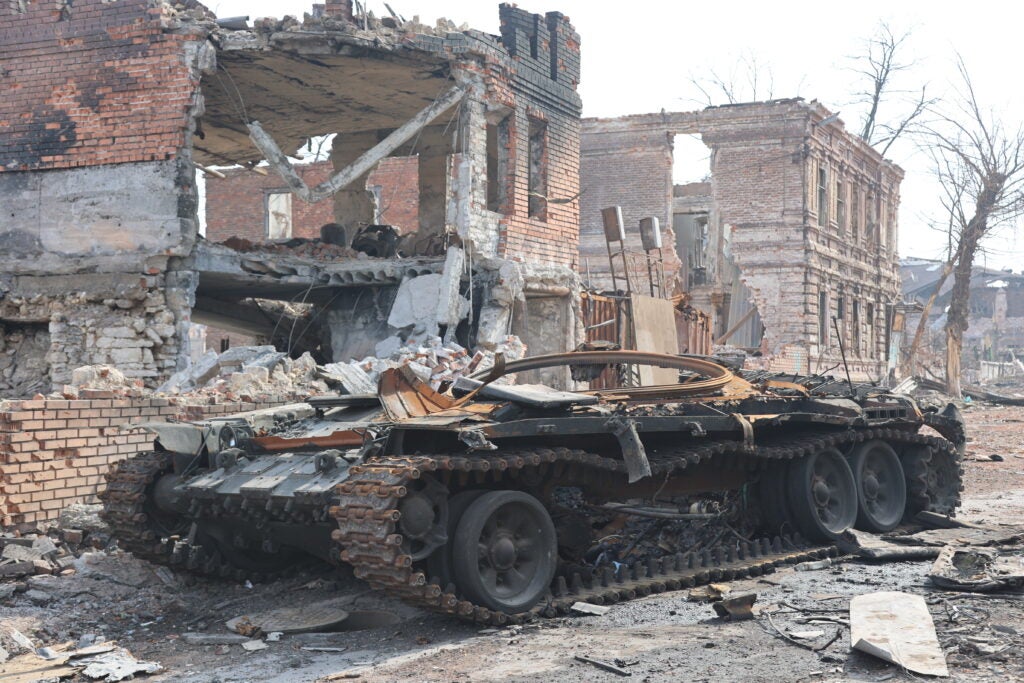Originally posted by Officer of Engineers
View Post
On the second point? Exactly how 'strong' would any Russian blocking force have to be given the terrain and the fact the Ukrainians were themselves able to mount successful blocking ops largely just using infantry (most of whom were reservists if reports are to believed).
On top of that if the Ukrainians knew the Russians were in the process of withdrawing back from Kiev and again given the terrain where is the immediate/pressing need to do as you suggest? I ask this given an underunderstandable reluctance on the part of Ukrainian commanders to take heavy casualties until such time as the local strategic situation justified it.
Would they necessarily push as hard as your suggesting given he Russians are moving in the direction you want them to and the bulk of your professional army and heavy equipment is located on other fronts? At least before signs emerged that the Russians had ceased their withdrawal and were attempting to consolidate new defensive positions inside Ukraine's Borders.
After all as long as the herd is stampeding in the direction you want where's the pressing need to crack the whip, leastways before they start slowing down. I mean for political reasons alone its not like Ukraine can could afford to 'invade" Belarus, (even if most Belarusians wanted them to).











Comment